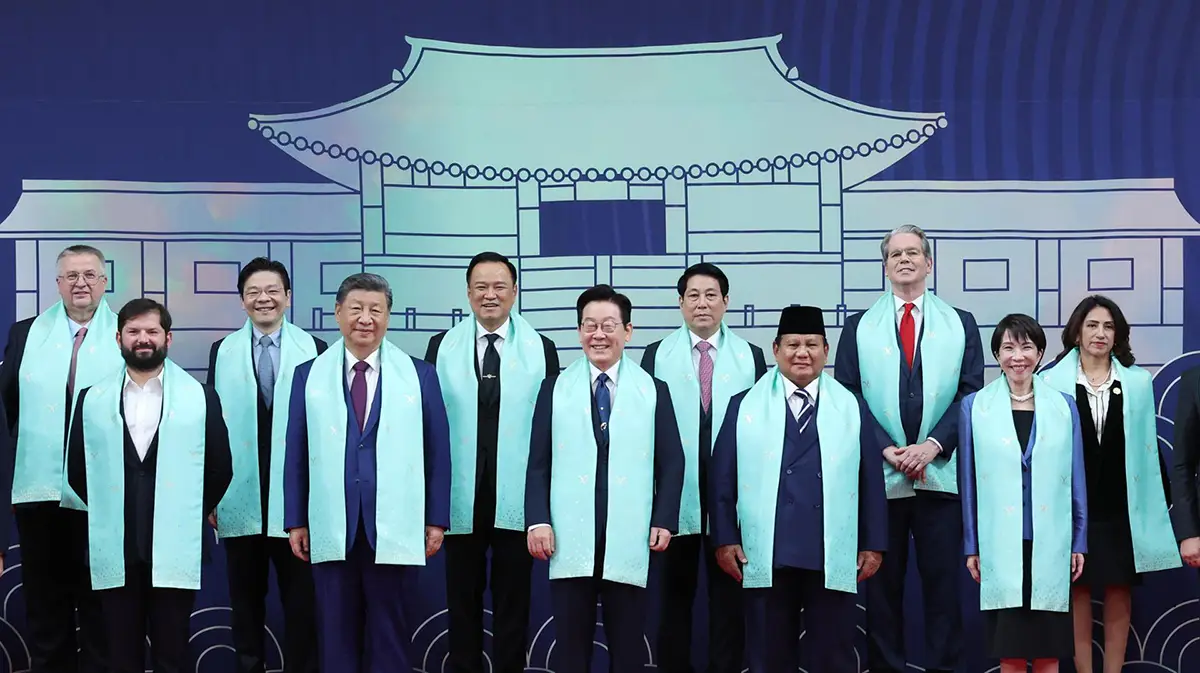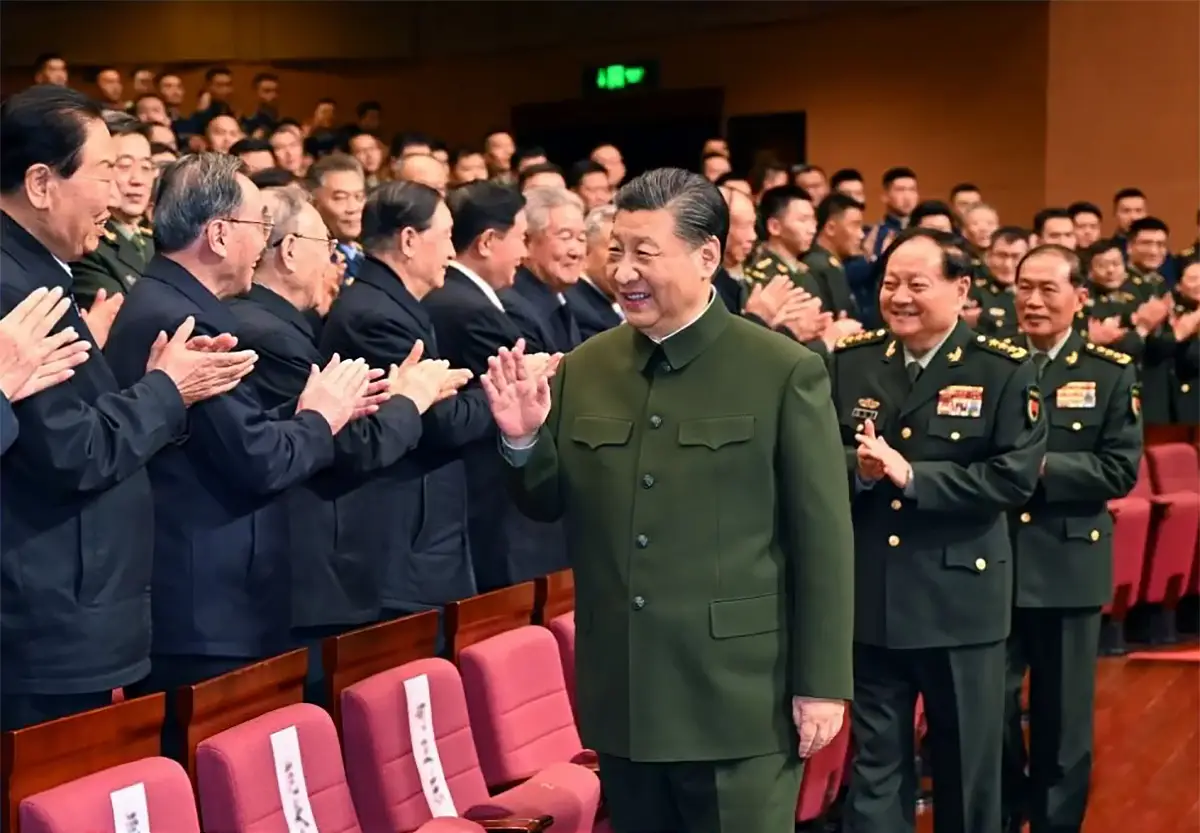As the international community continues to monitor Russian aggression against Ukraine, the U.S. has a unique opportunity to experiment with and explore new ways of exerting geopolitical pressure through economic means. Vladimir Putin's thinly veiled aggression has minimalized the North Atlantic Treaty Organization's (NATO) options, with vague threats of a nuclear response to any outside intervention. While kinetic warfare seems to be off the table for the Biden Administration, the Ukrainian crisis is providing the U.S. and its allies a unique opportunity to exert geopolitical pressure on Russia through a mechanism that has been on the backburner of U.S. foreign policy for decades. Geoeconomics, or the use of economic power to achieve geopolitical goals and/or exert geopolitical pressure, was a common component of U.S. foreign policy from the early republic (e.g., the Louisiana Purchase) until the latter half of the Cold War. After the Vietnam War, the U.S. fell into a comfort zone of over-relying on military options during international crises. This has put the U.S. at a disadvantage, as adversarial economic powers have developed successful geoeconomic tools to project state power with minimal military intervention.
However, the U.S. has not entirely refrained from using economic power to meet security objectives in the past. The U.S. has used economic sanctions to exert geopolitical pressure for decades-for example, the sanctions targeting Iran and North Korea to pressure their governments to give up their nuclear weapons programs. In response to the Russian invasion of Ukraine, the U.S. is continuing this practice by imposing massive sanctions on Russia, ranging from prohibiting specific Russian industry transactions to a total ban on Russian oil imports . These sanctions, including those specifically targeting Putin and the Russian oligarchs, are an attempt to deter continued Russian military aggression against Ukraine with minimal risk of escalation. As these sanctions continue to unfold, we are arguably seeing the U.S. rely exclusively on the purse for the first time in almost five decades.
There are two main reasons why geoeconomics has struggled to make a comeback in U.S. foreign policy. First, the U.S. has long wielded unparalleled conventional military power. With consistently the highest global defense budget , the U.S. has maintained its battlefield supremacy since the end of the Second World War and has made large bounds in conventional warfighting capabilities. Additionally, as the global hegemonic power and the backbone of NATO, the threat of U.S. military intervention has repeatedly been used as a powerful deterrent to global aggression. However, Putin's aggression against a nation outside of NATO's mutual defense pact and his threat to use nuclear weapons has sidelined the might of the U.S military. Second, geoeconomics requires major components of a nation's economy to serve national security interests. China and Russia, with several powerful corporations under the control of Beijing and Moscow, respectively, have had little hesitation to direct state-owned businesses and corporations to act in parallel with national interests. For example, China's "Belt and Road Initiative" and Russian "pipeline politics" are two of the most definitive examples of geoeconomic mechanisms: promises of economic stimulus and energy exports are used to project power and curry favor. Pressuring major U.S. economic players to support national interests is contrary to the United States' free market economic ideology, so contemporary geoeconomics options are seen as authoritarian and outside the morals of the U.S. and other liberal democracies. However, the sanctions inflicted by the U.S. Treasury Department and informal sanctions (sanctions enforced by private corporations through their own free will) create an interesting case study for reexamining geoeconomics.
U.S.-based companies like Apple, Microsoft, Exxon Mobil, Citigroup, McDonald's, Starbucks, Netflix, UPS , and many others have chosen to limit or completely remove their services and products from Russia in an effort to show solidarity with Ukraine and inflict their own economic pressure on Putin. For the moment, U.S. companies are more than willing to bear the strain of decreased sales and falling share prices to inflict further discomfort to Russia. Most importantly, these decisions were made independent of U.S. government pressure. Geoeconomic options, previously viewed largely as a tool of authoritarian regimes, are beginning to present themselves in the U.S. and its major economic partners.
Many of the same geoeconomic mechanisms currently in use against Russia could be used against the People's Republic of China (PRC) in the event of a Chinese invasion of Taiwan. As the U.S. would likely refrain from using conventional military power to defend Taiwan, geoeconomic responses could have devastating effects on the Chinese economy and immobilize the PRC's ability to maintain an invasion. Formal sanctions driven by international governments and informal sanctions carried out by major players in the free market could affect China to a greater degree than we are seeing in Russia, as sectors of the Chinese economy depend significantly more on U.S. market access compared with the limited dependencies between the U.S. and Russia. Beijing may reconsider parts of its Taiwan strategy after seeing the U.S. flex its economic might toward Russia.
While the effects of these informal sanctions are still being weighed, it is critical to avoid overgeneralizing the effects geoeconomic mechanisms are having on situations outside of the current context. The invasion of Ukraine presents an anomaly in international security, as Putin has managed to infuriate the vast majority of national governments through his unilateral actions. International conflicts seldom possess such a dichotomy of support/condemnation, providing international governments and corporations with easy access to the international bandwagon of condemnation. While future crises are certain to be more controversial and garnering international support will likely be more difficult during more complex situations of international aggression, the willingness of governments and corporations to prioritize humanitarianism over short-run gains and profits provides an ample opportunity for U.S. policy and military leaders to study new opportunities for economic power. Further, increased study and experimentation with geoeconomics can result in more refined options to pressure Russia. Those options could also be applied to future crises created by belligerent regimes.
While both the Treasury Department's sanctions and informal sanctions brought on by U.S.-based companies are having considerable effect upon Russia's economy and Putin's wartime calculus, whether geoeconomic pressure will result in the withdrawal of Russian forces from Ukraine remains unclear. Sanctions have been heavily scrutinized for having a mixed record on deterring rogue nations or belligerent regimes. However, early lessons learned from Russia's invasion of Ukraine shows that since U.S. military intervention is currently not an option, U.S. policy and military leaders have an ample opportunity to try new ways of exerting geopolitical pressure through economic power.



